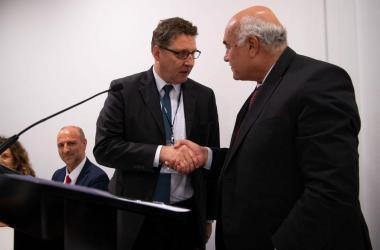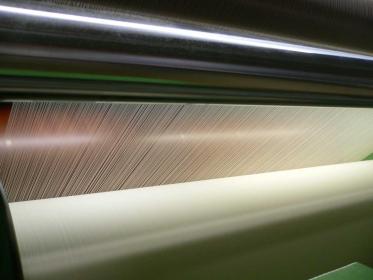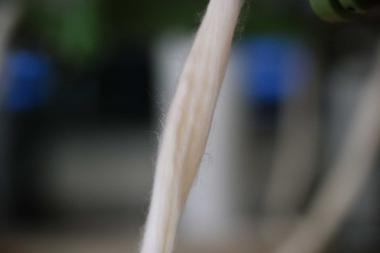Rieter Awarded Large Contract from Egypt
- Contracts signed for seven projects
- Contract comprises delivery of compact- and ring-spinning systems
- Total amounts to roughly CHF 180 million
- Order intakes are anticipated to be realized in 2019; sales posted in the 2020/2021 financial years
Rieter Group has signed contracts with the Cotton & Textile Industries Holding Company, Cairo (Egypt), at the ITMA 2019. These seven projects entail a total of 180 million Swiss francs. The contract comprises delivery of compact- and ring-spinning systems over the next two years. This order is part of a comprehensive modernization program of the Egyptian textile industry. The order intakes are anticipated to be realized in 2019 with sales posted in the 2020/2021 financial years.
The contracts were signed at the ITMA in Barcelona, Spain, by Dr. Ahmed Moustafa Mohamed, Chairman Cotton & Textile Industries Holding Company, and Dr. Norbert Klapper, CEO Rieter.
Dr. Klapper was very pleased at the formal signing of contracts: “We would like to thank our Egyptian business partners for the confidence they are placing in Rieter by awarding us this contract. Rieter has been the partner of choice of the Egyptian spinning industry for decades. We are delighted to be given the opportunity of making such an important contribution to the modernization of the Egyptian textile industry.”
Media Relations, Rieter Management AG










